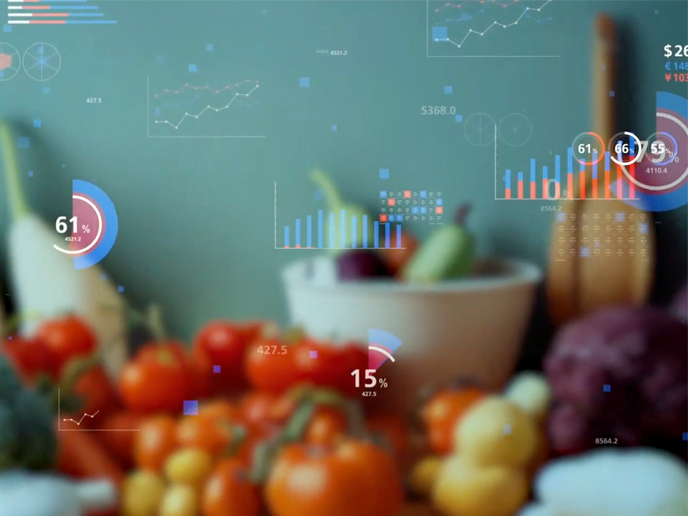Network collaboration for engineers
Sponsored by the EC, the E-Colleg Project has resulted in the successful development of an advanced infrastructure for collaborative engineering, a registration tool and management services. Part of the problem most IT collaboration entailed, was that apart from distributed networks, much of the tools used throughout were incompatible. TRMS is a tool registration and management service that aims to bring a greater level of compatibility to the development tools available. This works through a registration process whereby users submit the tools they've got, making them accessible for others to use. With the in-built mechanisms of the service, tool registration is a simple matter. A search feature facilitates the finding of the correct tool to use. Registered tools are integrated through automatically generated XML based interfaces, providing one of many highly user-friendly interfaces the system has. So long as one has the authority to use the tools in the system, they can take advantage of the security that TRMS offers. Cryptography techniques and digital signature technologies protect data being transferred through the network as well as provide or prohibit access. The system is based upon the ASTAI® integration infrastructure, taking into account collaborative computing services such as Jini, UDP, SNMP and COBRA etc. This, along with Advanced Network Transport Services (ANTS) offers the exchange of data through existing firewall systems without the need to reconfigure them. As such the E-Colleg project meet with its ultimate goals to provide secure, multi-site and multi-platform tool integration, along with transparent data access based on standard XML Internet technologies. Ultimately, it should offer a pan-European enhancement to collaborative engineering.







